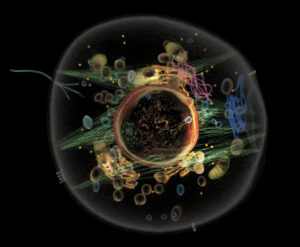Stem cells and sleep
Although hospitals take great care in finding suitable matching donors for bone marrow transplants (properly called hematopoietic stem cell transplants), those efforts may be compromised if the donors aren’t well-rested prior to the procedures. Working with mice, Stanford researchers have found that a sleep deficit of just four hours can halve the ability of stem cells to migrate to the proper spots in the recipient mice’s bone marrow, where they churn out the cell types necessary to reconstitute a damaged immune system.
“Considering how little attention we typically pay to sleep in the hospital setting, this finding is troubling,” says Asya Rolls, PhD, a former Stanford postdoc now at the Israel Institute of Technology. On the other hand, she says, “It’s heartening to think that this is not an insurmountable obstacle; a short period of recovery sleep before transplant can restore the donor’s cells’ ability to function normally.”
The study appeared in October in Nature Communications. Rolls was a co-lead author; senior authors are Luis de Lecea, PhD, professor of psychiatry and behavioral sciences, and Irving Weissman, MD, director of the Stanford Institute of Stem Cell Biology and Regenerative Medicine.
